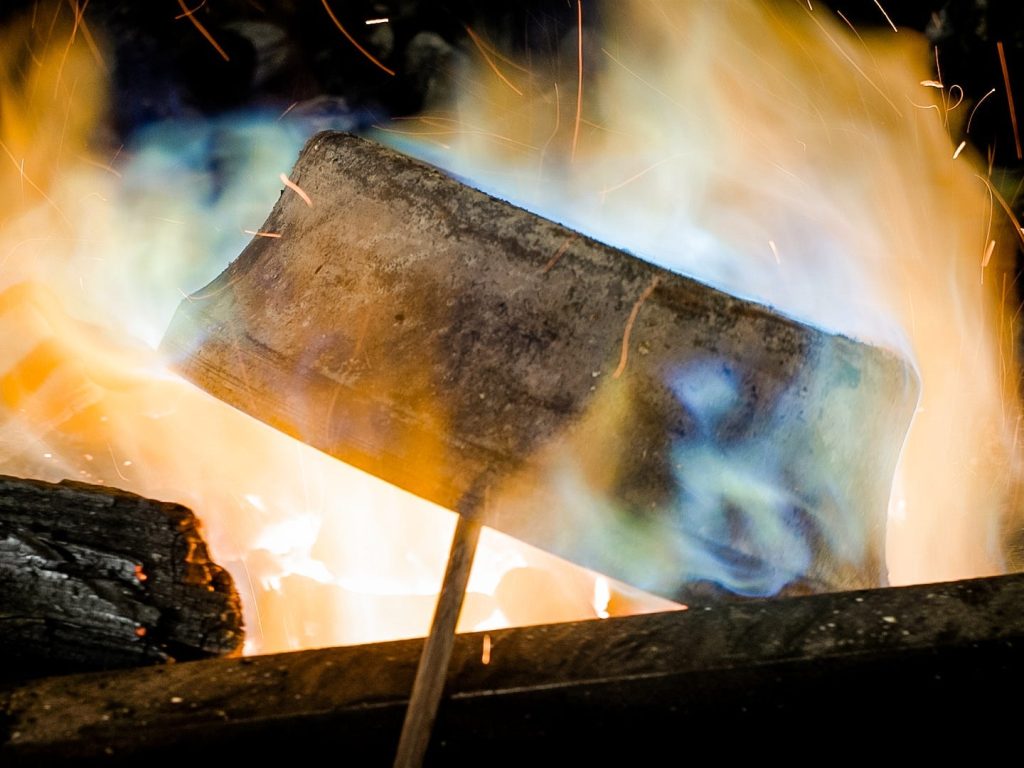Bangjja yugi needs an exact alloy ratio of 78% copper and 22% tin.
Artisans must regularly reheat the bronze in fires over 1,000 degrees Celsius.
Bangjja yugi is reported to have antiseptic and antibacterial properties.
Bangjja yugi refers to traditional Korean tableware that’s hand-forged and made of bronze. Today, it’s less likely to be set out for everyday dinners than it is to be saved for special occasions, like official state dinners, or given as wedding gifts. Its production requires multiple skilled workers overseen by a master craftsman, who judges the final shape and quality of each piece by eye. So, why is bangjja yugi so labor-intensive? And is that why it’s so expensive?
Advertisements
Read the original article on Business Insider
Advertisements

